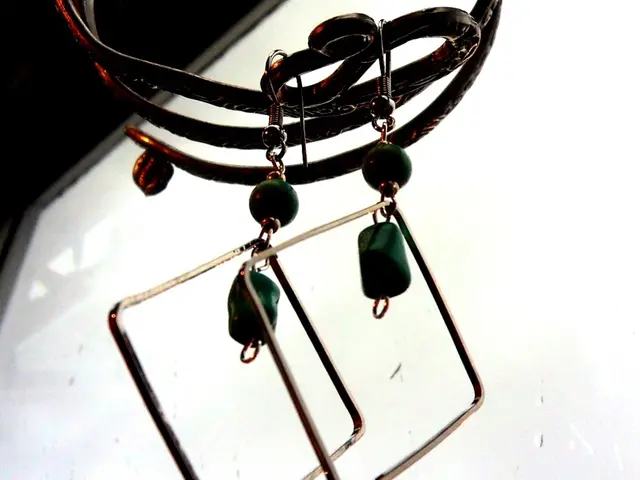Telomeres' potential role in prolonging lifespan and maintaining youthful features under scrutiny.
Life's mysteries never cease to intrigue us. One such curiosity lies in telomeres - those protective caps at the ends of our chromosomes that guard against DNA damage. Longer telomeres, it's been said, contribute to a longer, healthier lifespan. But is this truth or just an old wives' tale?
The aging process is complex and multi-faceted, defying simple answers. Some individuals seemingly age like fine wine, while others wilt like last season's fruit. So, what separates the grapes from the raisins? A few theories have emerged, one of which focuses on chromosomes and their protective friends, the telomeres.
Each one of us carries 23 pairs of chromosomes inside our cells. Made of DNA wrapped around proteins, these chromosomes contain our genetic blueprint - instructions for all cellular functions. Telomeres reside at the terminal regions of each chromosome and do not contain genes. When a cell divides, the chromosomes replicate, and the telomeres shorten. This clever mechanism allows the cell to undergo division without losing crucial genes and eventually succumbs when the telomeres grow too short, leading to cell death or senescence.
But what if these telomeres were longer? In some studies, telomeres that were shorter suggested an advanced biological age, increased susceptibility to age-related diseases, and a more rapid aging phenotype. Seemingly, the longer telomeres, the better, right? Not so fast...
Enter telomerase, the enzyme responsible for adding to telomeres, slowing down the rate at which they shorten, and extending cell life. The downside? Higher levels of telomerase are found in cancer cells, enabling them to continue dividing unchecked. Researchers are still grappling with understanding the intricate dance between telomeres, telomerase, and our biological age.
One thing is for certain - lifestyle plays a significant role in telomere length. Physical activity, for instance, is associated with longer telomeres, likely due to its effects on reducing oxidative stress and inflammation. Maintaining a healthy diet, getting enough sleep, managing stress, avoiding smoking, limiting alcohol intake, and maintaining a healthy weight are all choices that can help preserve telomere length.
The relationship between telomere length, biological age, and longevity is still a work in progress. Some studies have shown that longer telomeres may not only be associated with increased cancer risk but also with a decreased risk of other age-related diseases. It seems that the key to healthy aging might not be so simple, after all.
As research continues to unravel the secrets of our cells, it becomes increasingly evident that aging is a complex interplay of genetics, environment, and lifestyle choices. By making healthy choices and cultivating a balanced approach to life, perhaps we can maximize our healthy life years, telomere length be damned.
- In the realm of health and wellness, the biology of aging and longevity is a topic of great interest, especially in relation to telomeres, the protective caps on our chromosomes.
- Some studies suggest that shorter telomeres may indicate an advanced biological age, increased susceptibility to age-related diseases, and a more rapid aging phenotype, while longer ones seemingly contribute to a longer, healthier lifespan.
- However, the role of the enzyme telomerase, responsible for lengthening telomeres, is a double-edged sword, as higher levels of telomerase are found in cancer cells, enabling unchecked cell division.
- The connection between telomere length, biological age, and longevity remains complex, with some research indicating that longer telomeres might not only increase cancer risk but also decrease the risk of other age-related diseases. It seems that the key to healthy aging lies not in telomere length alone but in a balanced approach to lifestyle choices.








